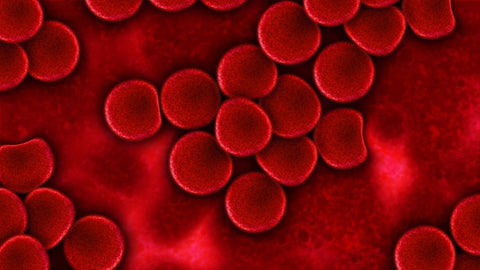
Protection Against Bloodborne Pathogens
Share

EMTs expose themselves to a lot of different life threatening situations, one of them being the possible exposure to bloodborne pathogens. Coming in contact with Bloodborne pathogens can cause infectious diseases like Hepatitis B (HBV), Hepatitis C (HCV) and Human Immunodeficiency Virus (HIV).
According to the National Institute for Occupational Safety and Health, twenty two percent of paramedics were exposed to blood at least one time during the year. These infectious diseases are very serious, that’s why it’s important to know how to protect yourself.
Follow Safety Procedures
Studies show that exposure to bloodborne pathogens were much lower when supervisors went over safety precautions and made sure that everyone fully understood them. Staying up to date with your company’s safety procedures is important in not only making sure your patient is safe, but making sure you’re keeping yourself fully protected as well.
Have the Right EMS Medical Equipment
Purchasing bloodborne pathogen resistant equipment such as medical bags, jackets, and shoes, will help protect you. Personal protective equipment is the most important medical equipment you can have as an EMT, because if you’re not safe than your patient isn’t safe.
Treat all Blood and Bodily Fluids as if They Were Infectious
As a first responder it’s your natural instinct to help someone in need no matter what, but your safety should always be your first priority. During an emergency you have no idea if a patient is going to cooperate or act combative, so you need to be prepared for anything. Acting like all contact with blood and bodily fluids will be detrimental will help you to remember to take all precautions every time.
Report Exposures
Too many times EMTs have refrained from reporting because they felt like it was their own fault, or they felt like the exposure wasn’t significant enough. Reporting all exposures is important for everyone involved for a number of reasons...
- Not reporting exposure prevents immediate medical evaluation, which can result in even more spreading of infectious diseases.
- If infected you may not be eligible for workers comp if you don’t report exposure.
- The necessary changes in prevention strategy will not be made if not reported.
Staying educated on protection against bloodborne pathogens is vital to your health and safety, especially if you’re an EMT. For bloodborne pathogen resistant equipment, check Emergency Responder Products’ EMS Medical section online.
